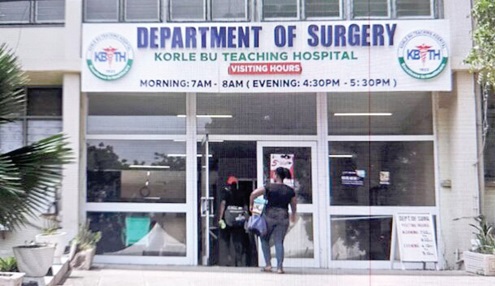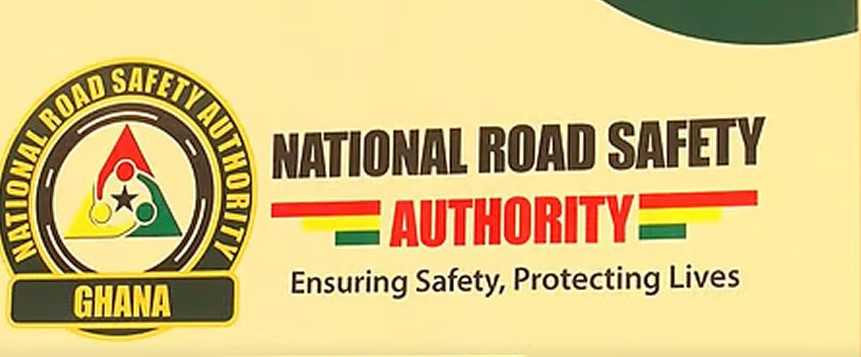The Commissioner-General of the Ghana Revenue Authority (GRA), Mr. Anthony Kwasi Sarpong, has urged the media to intensify public education on the new tax reforms.
“If we do not explain the reforms in simple terms and create the necessary awareness, it becomes difficult for people to voluntarily comply. As we know, when payment comes directly from our pockets or wallets, it always comes with hesitancy,” he said.
Addressing editors at a forum in Accra on Thursday, Mr. Sarpong described the media as a critical partner in the national tax education drive, particularly at a time when major changes were being introduced into the tax regime.
He said the government’s 2026 Budget signalled one of the most comprehensive overhauls of the tax system in recent years, covering new legislation, technological interventions and administrative restructuring.
The Commissioner-General emphasised that regular engagement with journalists would be essential to ensure that citizens understand the new measures and comply accordingly.
He explained that the reforms include a new VAT law, amendments proposed for both the Income Tax Act and the Customs Act, and the rollout of advanced digital systems to track revenue in real time.
He noted that these policy shifts require strong public sensitisation as part of the broader change-management process.
According to Mr. Sarpong, effective education will make the reforms easier for taxpayers to appreciate and for businesses to integrate into their operations without confusion.
He said the challenge was not unwillingness but inadequate awareness, coupled with the need for simpler processes.
Mr. Sarpong assured the media that the GRA valued their feedback and would rely on them to highlight implementation gaps and areas needing improvement.
“We may not always get it right, so we count on you as partners to whisper to us the areas we must strengthen,” he said.
The Commissioner-General urged editors to fully understand the reforms themselves so they could better educate the public, describing journalists as an essential extension of the Authority’s sustained tax education campaign.
On the substance of the reforms, Mr. Sarpong confirmed the removal of VAT decoupling, which previously placed VAT on GETFund and NHIS levies, while maintaining the E-Levy and Betting Tax.

He added that the Physical and Electronic Devices Act would introduce automated VAT recording at retail and service points, ensuring real-time reporting and, in its next phase, direct remittances to government accounts.
“A new digital economy tax tool is being piloted to capture VAT on online purchases, crypto-asset gains and cross-border digital transactions, ensuring parity between local and online buyers,” he disclosed.
The Assistant Commissioner of GRA in charge of Customer Experience, Dr. Birago Antwi-Adjei, underscored the urgent need to improve public understanding of Ghana’s tax system.
She noted that tax compliance remains as low as 30 percent, with only 1.2 million people currently registered, a situation that threatens the country’s revenue mobilisation efforts.
Relying heavily on enforcement alone, she warned, risks alienating the majority of taxpayers.
To tackle this, Dr. Antwi-Adjei said the Commissioner-General has established a Working Group to develop and implement a three year national tax education strategy aimed at boosting voluntary compliance.
Source: Myxyzonline.com





